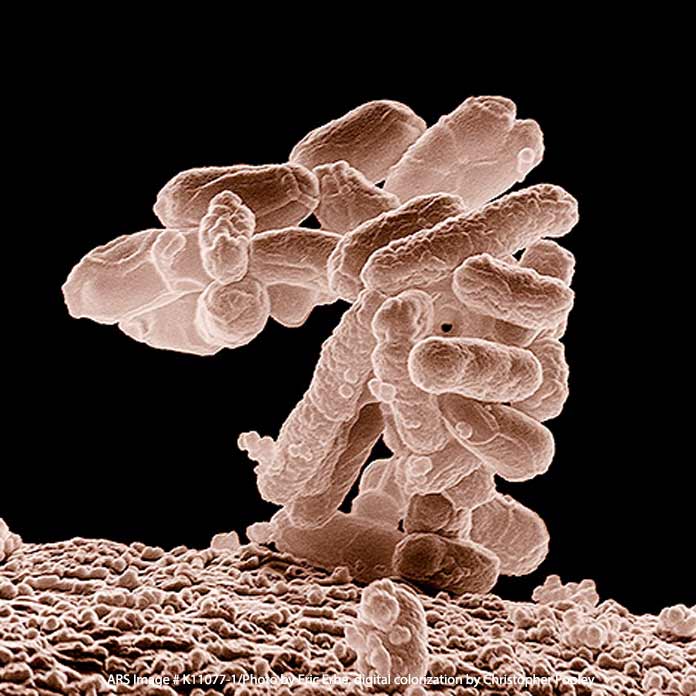by Fred Pritzker, Food Safety Lawyer
When a child suffers hemolytic uremic syndrome (HUS) from E. coli O157:H7 food poisoning, it is important to think about issues like the following:
- Who will pay for my child’s medical bills (or even the co-pays if insurance is involved) now and in the future?
- Who will care for my child while I’m away at work?
- What if my child has permanent injuries and life-long complications?
- Will a lawsuit help prevent this from happening to other children?
In addition, if you had to take time off of work, the company responsible for your child’s E. coli infection and resulting kidney failure should pay for that. We have helped parents who have lost significant income, or even lost their jobs.
As a parent, you can sue the company that is legally responsible for your child’s E. coli O157:H7 infection and any medical complications related to it, including kidney failure from hemolytic uremic syndrome (HUS). Money you obtain in a settlement can be placed in a trust and used for the following:
- medical expenses not covered by your health insurance, including deductibles;
- cost of care.
Money not used for these purposes can be distributed to your son or daughter when they reach the age provided in the document that created the trust.
Contact Attorney Fred Pritzker for Help

It’s also important to understand that in order to successfully make a claim, one has to identify the source of the E. coli O157:H7 that resulted in HUS, determine how and when the food product became contaminated, and prove by the greater weight of the evidence that the resulting harms and losses were the direct result of the illness.
This is often a very complicated process. In fact, in the majority of HUS cases, the source of the contamination is never identified (and therefore a claim is not possible).
Whether you ultimately decide to make a claim or not, you can speak with me or another hemolytic uremic syndrome attorney at my law firm to better understand your rights and the issues involved and then decide whether it’s right for you and your family to make a claim (or whether it’s even possible to do so).
